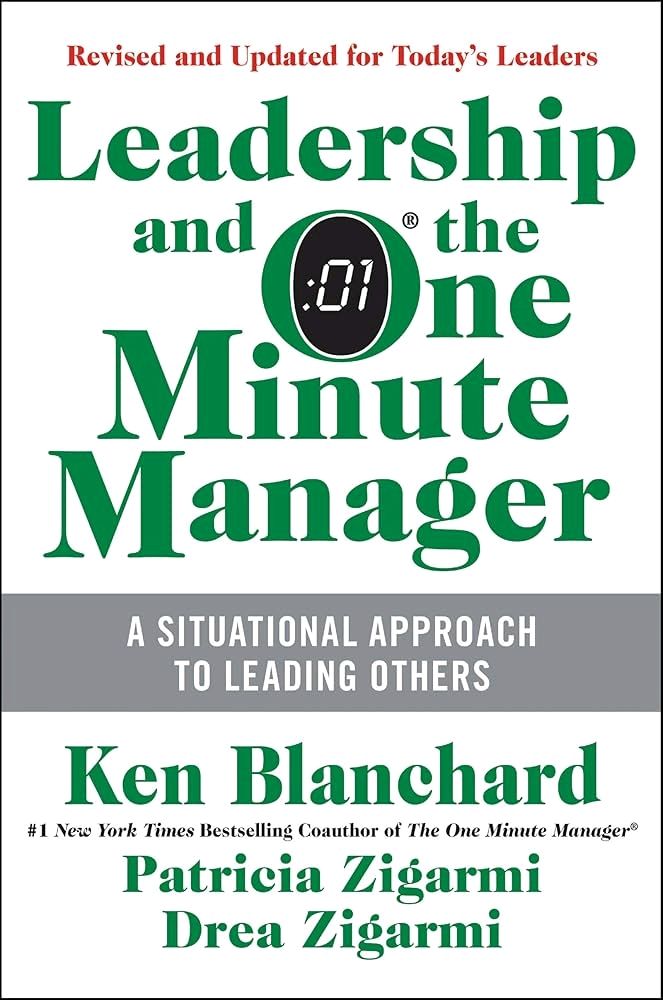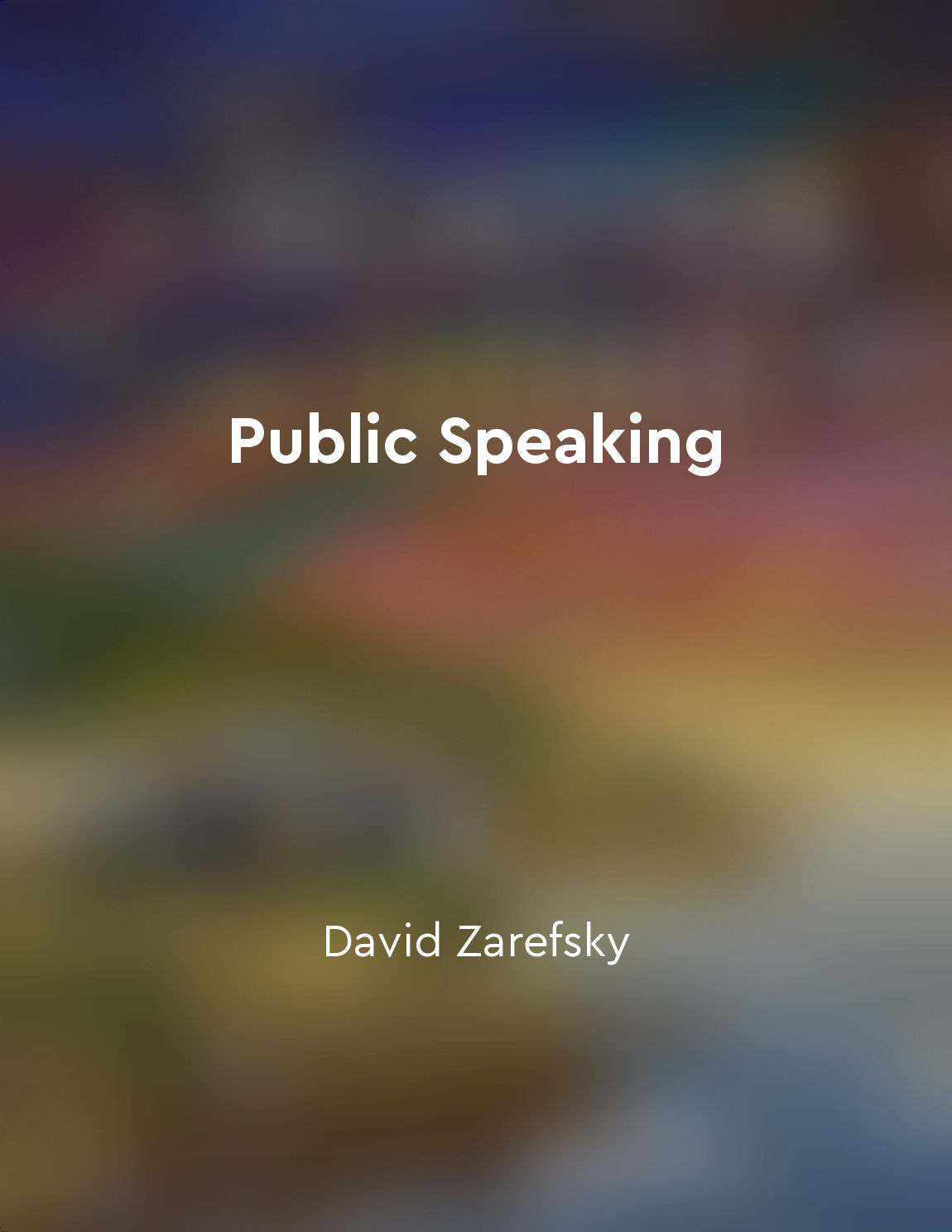Audio available in app
Listen actively from "summary" of The Coaching Habit by Michael Bungay Stanier
Active listening involves more than just hearing the words that your coachee is saying. It requires you to be fully present in the conversation, focused on what they are sharing without being distracted by your own thoughts or agenda. This means giving your full attention to the speaker, making eye contact, nodding, and using verbal cues like “I see” or “Tell me more” to show that you are engaged. To be an effective coach, you need to go beyond just listening and understanding what is being said. You must also pay attention to what is not being said, the emotions and body language that accompany the words. This is where active listening truly shines, as it allows you to pick up on subtle cues and really tune in to the deeper meaning behind the words. Active listening also involves asking clarifying questions to ensure that you have understood the coachee’s message correctly. This not only helps to prevent misunderstandings but also shows that you are genuinely interested in what they have to say. By asking open-ended questions and letting the coachee expand on their thoughts, you can gain valuable insights and help them uncover their own solutions. In addition to asking questions, paraphrasing what the coachee has said can also demonstrate active listening. By summarizing their words back to them, you show that you have been paying attention and are truly trying to understand their perspective. This can help to build rapport and trust, making the coaching relationship more effective in the long run.- Active listening is a crucial skill for any coach to master. By fully engaging with your coachee, tuning in to both their words and their non-verbal cues, and asking thoughtful questions, you can create a safe and supportive environment for them to explore their thoughts and feelings. This not only helps them to find their own solutions but also strengthens the coaching relationship and fosters a sense of mutual respect and understanding.
Similar Posts
Understanding nonverbal cues is crucial in communication
Understanding nonverbal cues is crucial in communication. When we interact with others, only a small percentage of our communic...
Misunderstandings can be common
Misunderstandings can arise in any relationship, whether it be between friends, family members, or romantic partners. These mis...

Respecting diversity leads to better communication outcomes
Respecting diversity plays a crucial role in improving communication outcomes. When we acknowledge and appreciate the differenc...

Building rapport is necessary for effective communication
Building rapport is a fundamental element of effective communication. When individuals establish a connection with one another,...
Practice assertiveness in conversations
When we practice assertiveness in conversations, we are expressing ourselves confidently and standing up for our own needs and ...
Maintain a healthy worklife balance for overall well-being
It is essential to find a balance between work and personal life to ensure overall well-being. When we prioritize our work over...
Men and women have unique hormonal compositions
Men and women have unique hormonal compositions. These differences have a significant impact on their behavior and emotions. Fo...

Establishing trust creates a supportive team culture
Establishing trust within a team is essential for creating a supportive team culture. When team members trust each other, they ...
Understanding your audience is crucial
Understanding your audience is crucial in public speaking. It is important to consider who your audience is and what they may a...

Engage your audience with compelling stories and examples
To capture the attention of your audience and keep them engaged throughout your speech, it is crucial to incorporate compelling...

